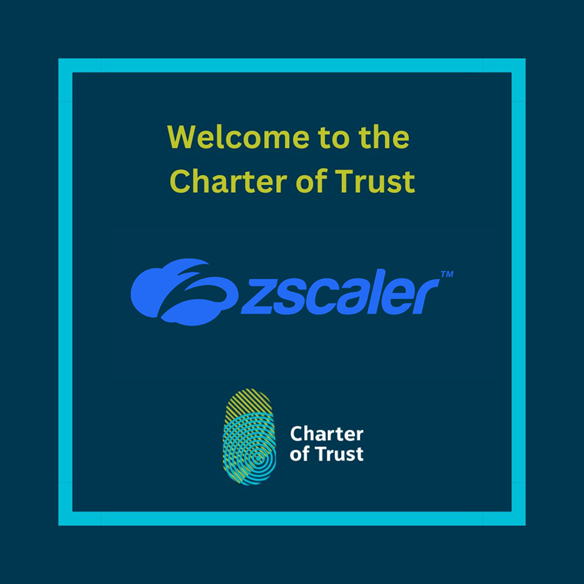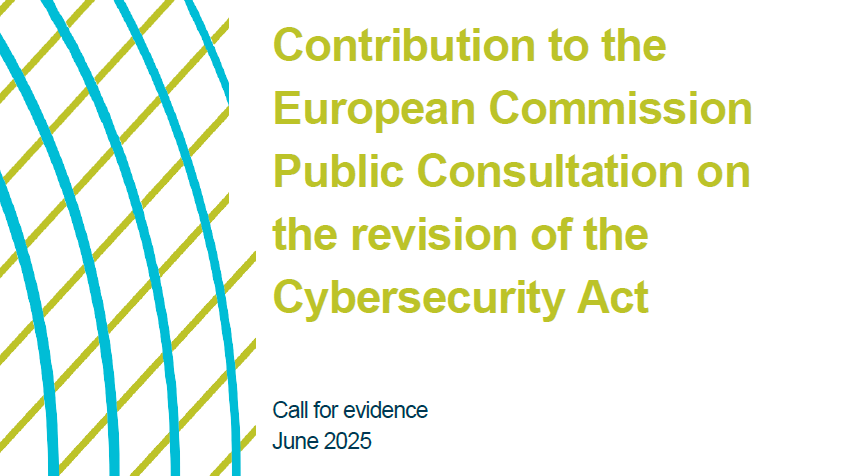New Siemens suppliers must comply with minimum binding cybersecurity requirements, which will be introduced step-by-step starting on February 15, 2019, and anchored in a separate, binding clause in all new contracts.
These requirements will apply primarily to suppliers of security-critical components such as software, processors and electronic components for certain types of control units. Existing suppliers who do not yet comply with the requirements are to implement them gradually. The goal is to better protect the digital supply chain against hacker attacks. In this regard, Siemens is following the course laid down by the Charter of Trust for cybersecurity. The requirements stipulate, for example, that suppliers must integrate special standards, processes and methods into their products and services. The reason: to prevent vulnerabilities and malicious codes at suppliers – and thus in Siemens products as well. In the future, suppliers themselves must, for example, perform security reviews, conduct tests and take corrective action on a regular basis. Siemens is making these requirements mandatory for its own activities as well.
“This step will enable us to reduce the risk of security incidents along the entire value chain in a holistic manner and offer our customers greater cybersecurity,” said Roland Busch, member of Siemens’ Managing Board and the company’s Chief Operating Officer and Chief Technology Officer. “If all our partner companies put their global weight behind these measures and implement them together with their suppliers, we can generate tremendous impact and make the digital world more secure.”
In the fall of 2018, Siemens further strengthened its internal capacities for repelling hacker attacks and restructured its cyberorganization. Operating as a worldwide network, the new unit combines what were once separate areas. As a result, Siemens is now the first major company to take a holistic approach to the topic of cybersecurity. Not only does the new Siemens organization investigate, analyze and repel hacker attacks; it also develops new cybersecurity services and teams up with the company’s business units to launch these services on the market. The goal is to react to attacks with even greater speed and flexibility. In every region and at every division, the company has also strengthened its network of cybersecurity managers, who now report to Natalia Oropeza, Siemens’ Chief Cybersecurity Officer.
Siemens has been active in the field of cybersecurity for about 30 years. Its first cybersecurity team was established back in 1986. The company currently has around 1,275 employees worldwide working exclusively on cybersecurity-related matters. Other employees at the divisions and in the regions also contribute to the company’s activities in the cybersecurity field.


You may also like

Charter of Trust Welcomes Zscaler
Zscaler is a leading cloud enterprise security provider helping global businesses accelerate their digital transformation by becoming more agile, efficient, resilient, and secure.
With Zscaler as a partner in the Charter of Trust, we aim to strengthen global cyber resilience through trust – by fostering actionable collaboration between industry leaders, governments, and public-private platforms. Zscaler brings robust expertise and innovation to the table, making it the ideal partner to drive this mission forward.
“Zscaler is excited to drive meaningful change alongside our new partners, laying a foundation of trust essential for successful digital transformation,” said Sam Curry, Zscaler CISO. “In today’s world, the need for reducing inherent trust and default access has never been greater. To truly stay ahead of ever-evolving threats, we must unite as a coalition of practitioners. Cyber attackers aren’t taking breaks, and with advancements like artificial intelligence, quantum cryptography, and emerging technologies on the horizon, collaboration is the key to securing the future.”
“We are proud to welcome Zscaler to the Charter of Trust. Their focus on cybersecurity innovation and commitment to openness reflect our shared ambition to create a safer, more resilient digital future. Together, we’ll strengthen trust, transparency, and security across the global digital landscape.” highlighted Dr. Summit Chada, Charter of Trust Co-Chair and COO Group Security & Business Lines CISO at Atos.
“With Zscaler as a Partner of the Charter of Trust, we believe that we can strengthen the global commitment to secure digital transformation by combining technological innovation with the Charter of Trust’s collaborative approach to cybersecurity leadership.” Ralf Schneider, Charter of Trust Co-Chair and Senior Fellow and Head of Cybersecurity and NextGenIT Think Tank at Allianz SE, welcomes Zscaler to the Charter of Trust.
We are excited to join forces and work together to advance digital trust and security across industries.

Contribution to the EU Commission Public Consultation on the revision of the Cybersecurity Act
We support Policy Option 2, which focuses on targeted regulatory measures that address key challenges without creating unnecessary complexity. In this context, we emphasize the need to enhance the role and resources of ENISA, to ensure effective implementation of both current legislation and the European Cybersecurity Certification Framework (ECCF).
Our recommendations aim to improve transparency, collaboration, and efficiency across the EU’s cybersecurity landscape. These include:
- Introducing clear timelines for the development of certification schemes.
- Enhancing stakeholder engagement throughout the process.
- Establishing more structured communication channels between ENISA, the Stakeholder Cybersecurity Certification Group (SCCG), and sectoral ISACs (Information Sharing and Analysis Centers).
We call for a stronger ECCF, one that is transparent, inclusive, and aligned with international standards to foster global interoperability and ease compliance for organizations across borders. Equally critical is the harmonization of certification practices across EU member states and the mutual recognition of certifications to minimize regulatory fragmentation.
The Charter of Trust advocates for technically robust, standards-based certification schemes, with well-defined roles and responsibilities. We also stress the need for clarity on the interplay between voluntary and mandatory certifications, particularly in relation to the upcoming Cyber Resilience Act (CRA).
To streamline compliance and reduce administrative burden, we propose a unified, risk-based incident reporting regime that consolidates requirements under regulations such as NIS2, CRA, GDPR, and DORA. This would not only simplify reporting for organizations but also enhance the EU’s overall cyber resilience. In addition, we recommend incorporating liability protections and grace periods for incident disclosure.
Finally, we urge the Commission to strengthen supply chain security by adopting a risk-based classification approach and establishing baseline cybersecurity requirements for ICT suppliers.
The Charter of Trust remains fully committed to supporting the European Commission in shaping a secure, resilient, and trusted digital future for Europe. We look forward to continued collaboration in building a cybersecurity framework that meets the needs of all stakeholders, today and in the years to come.




